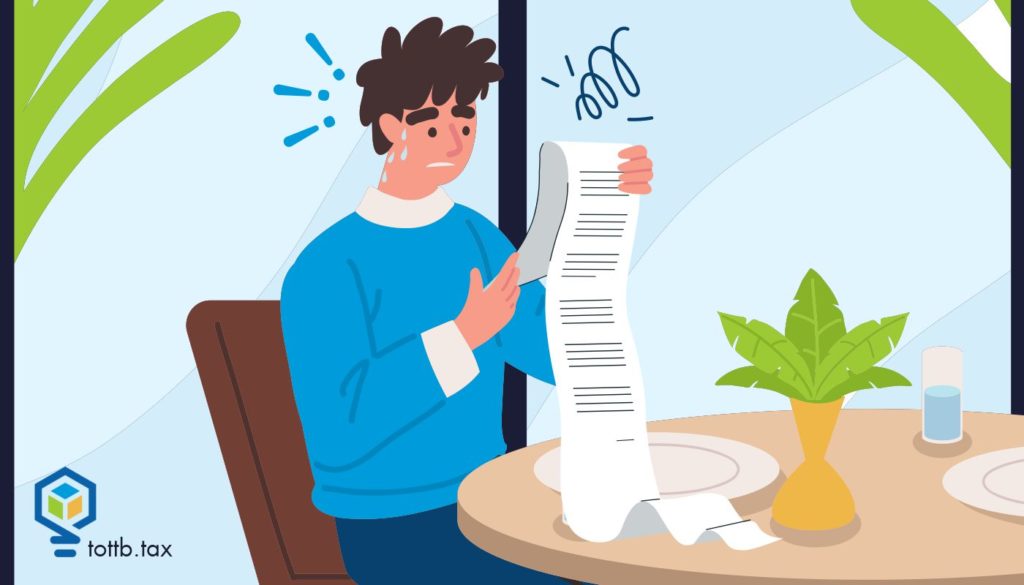Paying your income taxes is a fact of life for most taxpayers. The annual dance of gathering, reconciling, and reporting income/deductions/payments/credits (a.k.a. filing a tax return) keeps taxpayers and tax professionals hopping during each annual filing season and beyond.
If you’re a W-2 employee, your employer takes care of your tax compliance by withholding and remitting federal, state, local, Social Security, and Medicare taxes from your salary. You may also have taxes withheld from pensions, unemployment compensation, gambling winnings, and other income. It may feel as if you’re not paying taxes because all you see is your net pay after taxes. Often it’s a direct deposit, and your payslips may be available only online.
If you’re self-employed or have other income not subject to withholding, you prepay your taxes by making estimated tax payments. The traditional schedule for estimated tax payments is quarterly (4/15, 6/15, 9/15, 1/15). If not followed, steep penalties can exist, even if you pay them all by April 15. But some folks have trouble with the quarterly payment schedule, cash can be tight and that estimated tax payment money you’ve set aside might really come in handy.
Happily, there are strategies to keep in compliance in a way that meets your budget and cash flow needs; and there are ways to avoid those late payment penalties. Want to know how? Keep reading to learn more.








